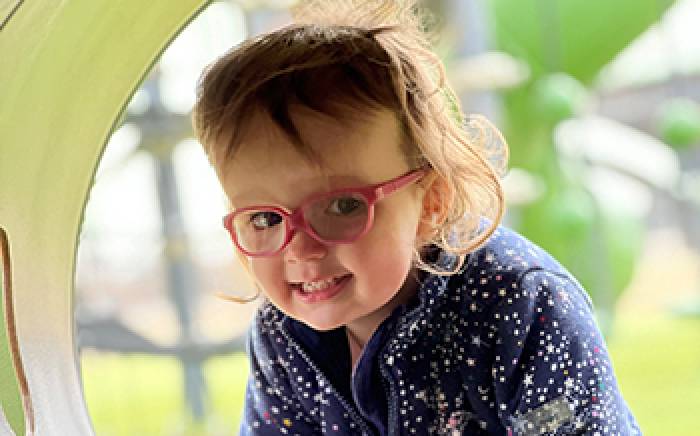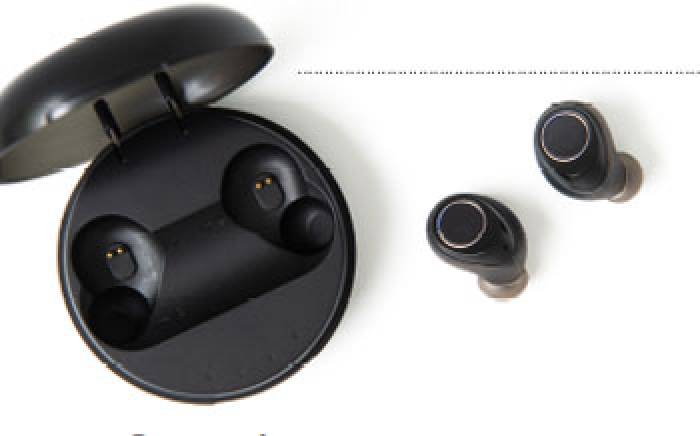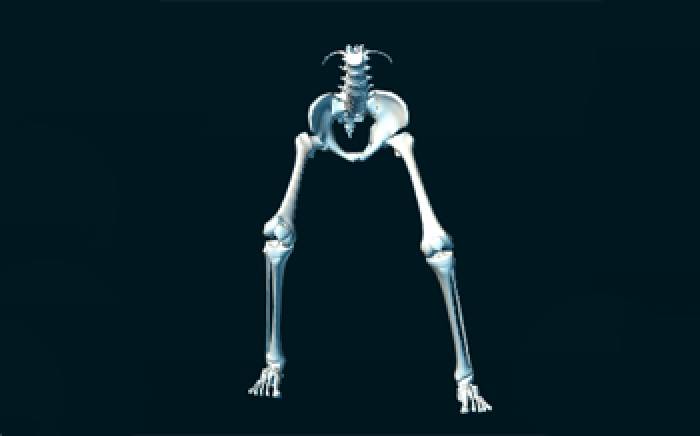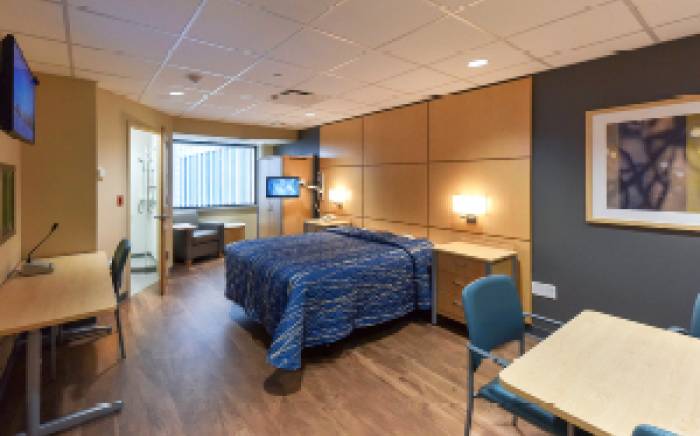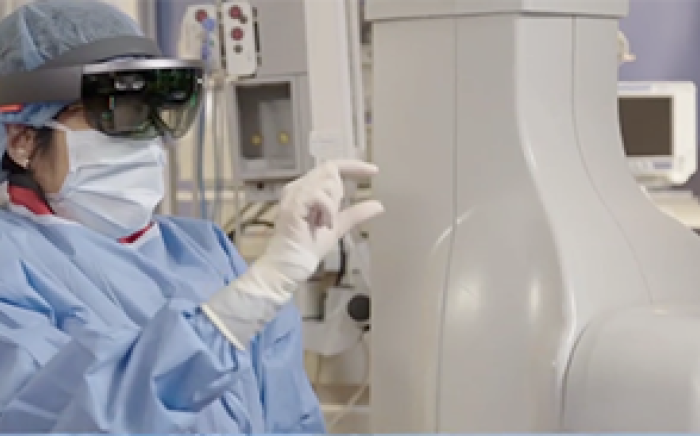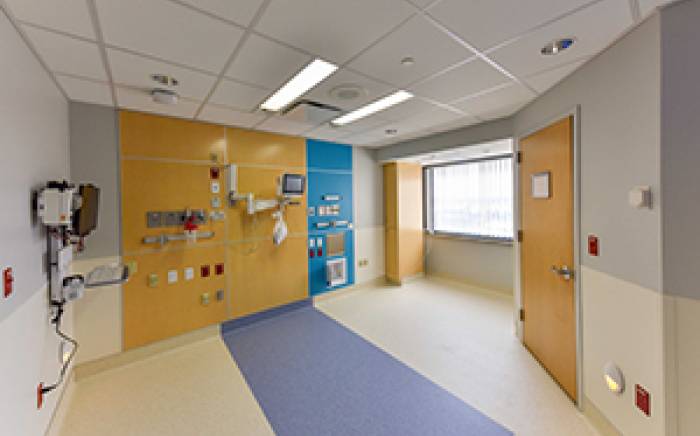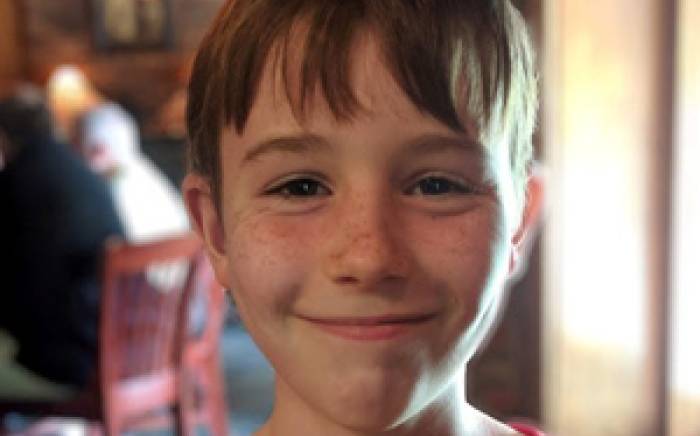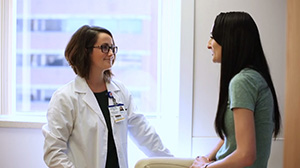 Researchers at Washington University School of Medicine have determined that a diagnosis of asymmetric hearing loss (AHL) in some pediatric cancer survivors puts them at increased risk for hearing decline long after completion of therapy.
Researchers at Washington University School of Medicine have determined that a diagnosis of asymmetric hearing loss (AHL) in some pediatric cancer survivors puts them at increased risk for hearing decline long after completion of therapy.
The recommendation of regular audiologic monitoring is being made for childhood cancer survivors who have been treated with a common chemotherapy agent, cisplatin. This recommendation is based upon a retrospective study of pediatric cancer patients treated at St. Louis Children’s Hospital between 1990 and 2015. The study appeared in the October 2018 issue of Pediatric Blood & Cancer.
Late onset hearing loss (LOHL), a progression of hearing loss after treatment, is a known complication in patients treated with cisplatin. “The appreciation that asymmetric hearing loss (AHL), where hearing loss has worsened in one ear more than the other, can increase a survivor’s risk for further hearing decline after therapy is a new finding,” says Robert Hayashi, MD, a pediatric hematologist-oncologist who studies the long-term effects of cancer therapies and directs the Late Effects Clinic at St. Louis Children’s Hospital.
As part of the study, the research team — including audiologists at St. Louis Children’s Hospital — reviewed records of 993 patients in the oncology/audiology database. Of those, 248 patients received cisplatin as part of their treatment and met the eligibility criteria for inclusion in the study. The researchers found that 42 percent of these patients exhibited a decline in hearing after therapy. Specifically in patients diagnosed with AHL at the conclusion of therapy, 60 percent exhibited further decline in hearing.
Age also appears to play a role, with younger children more susceptible to hearing declines after therapy. The researchers found that LOHL decreased by 11-12 percent for each one-year increase in a patient’s age at the time of diagnosis. Furthermore, they say, the risk of hearing decline also increased when children were treated with radiation therapy to any part of they body.
“While patients who had radiation to the head and neck are known to be at increased risk for both AHL and LOHL, we found that it didn’t matter where radiation was received — exposure to radiation to any part of the body still increased the risk of LOHL, which has not been reported before,” says Hayashi.
More study is needed, but Hayashi and his colleagues believe oxygen-free radicals or inflammatory cytokines can formed and be released in patients treated with radiation. Such molecules can circulate through the body and potentially damage the cochlea, contributing to the hearing loss. Recent reports in animal models also suggest that such processes may occur as a consequence of radiation delivered to any part of the body.
Hayashi says that the research supports being proactive in monitoring for hearing decline. “Loss of hearing can have a significant impact on communication skills, learning in the classroom, school performance, and overall cognitive ability,” he says. “This may not only affect a patient’s academic achievement, but also have significant impacts on self-esteem and quality of life. If we can identify the children who develop AHL, we can advocate for early interventions that could optimize the outcome for these children.”
He is quick to point out that regular hearing testing should extend into adulthood. That means as young cancer survivors transition to other pediatricians, family practitioners and/or adult primary care physicians, all need to be cognizant of the risk of progressive hearing loss in patients treated with cisplatin and radiation and plan for routine hearing exams with a licensed audiologist.
In the Late Effects Clinic at St. Louis Children’s Hospital, more than 800 children and adolescents are followed to assess for long-term side effects of cancer treatment, including cardiac issues and fertility problems, along with hearing loss. Hayashi’s goal is to have every cancer patient transition to adult follow-up care that includes long-term monitoring.
“It is our position that survivorship starts at cancer diagnosis and patients and their families need to be educated on all of these potential risk factors,” Hayashi stresses. “We need to have a culture shift to advance our education efforts so that both patients and physicians are aware and can proactively manage these late effects at early stages to hopefully protect these survivors from further deficits.”
He adds, “We now know that progressive hearing loss is a real problem. More investigations are needed, but action must now be taken to implement routine screenings and provide early interventions and better serve this growing patient population.”
Robertson MS, Hayashi SS, Camet ML, Trinkaus K, Henry J, Hayashi RJ. Asymmetric sensorineural hearing loss is a risk factor for late-onset hearing loss in pediatric cancer survivors following cisplatin treatment. Pediatr Blood Cancer. 2018:e27494. https://doi.org/10.1002/pbc27494.

